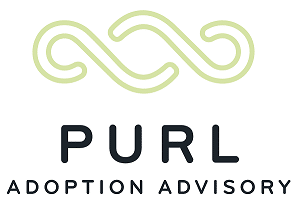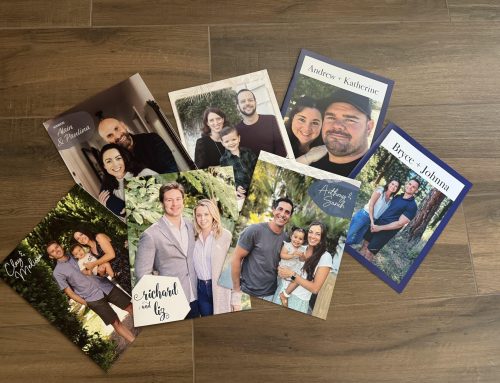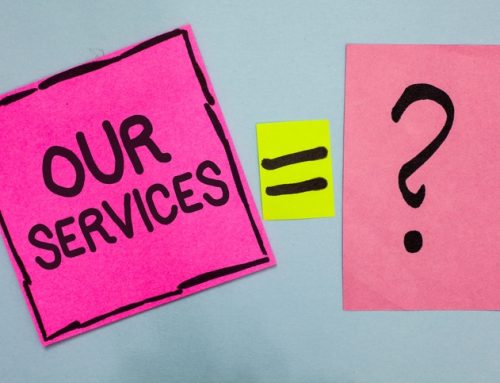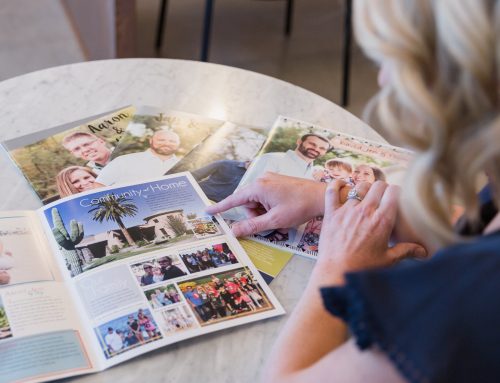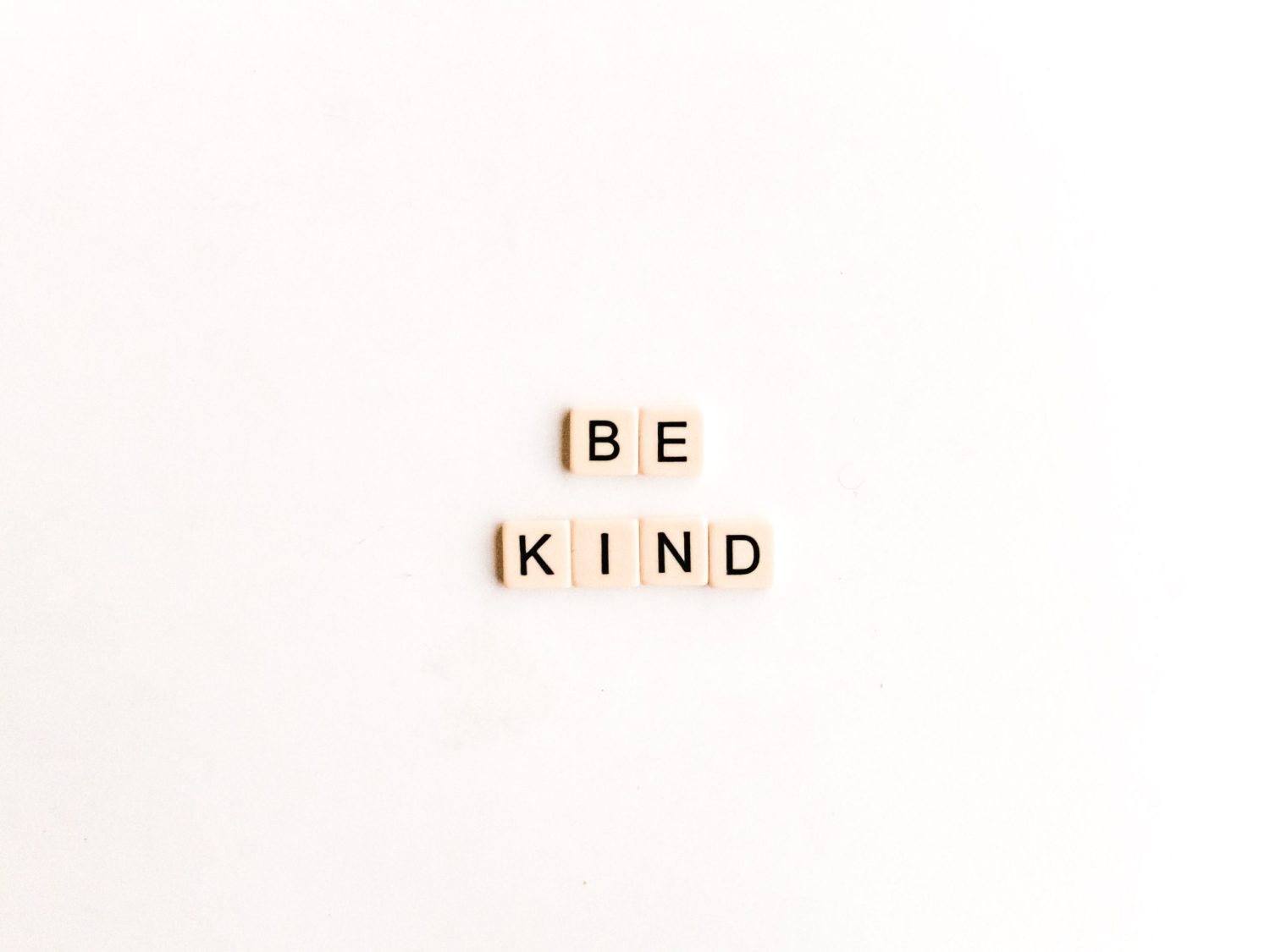
Our writer today is Emily, Purl’s Administrative Assistant and a transracial adoptee. She shares her perspective as an adoptee to help adoptive parents and prospective adoptive parents understand arguably the most important voice in the adoption triad.
—
As a transracial adoptee, I personally know that words about adoption can hurt. Especially when it comes to things about you, your family, and your life. I didn’t ask to be adopted, I’m sure glad I was, but it bothers me when others talk about adoption in a more negative way. It isn’t their fault, though – not everyone knows as much about adoption as those who are involved. In this blog I hope to share some ways we can use more positive adoption language to avoid hurting the feelings of those in the adoption triad. Here are the most common phases I hear about adoption, and how I typically respond:
- Use of the term ‘Real Parents’: One thing I am often asked is “do you know your real parents?” I understand that some might associate ‘real parents’ with those who gave birth to them, but what actually defines a ‘real’ parent? Does that mean my adoptive parents are ‘fake’ parents? A more positive way to refer to the parents who are have adopted a child is “adoptive parents”. The ‘biological’ or ‘birth’ parents refers to the couple who gave birth to the child. Both adoptive and birth parents are REAL parents to an adoptee. I recommend that if people are curious, they can ask “Do you know your birth parents? But be prepared, an adoptee may not have, or want to share, information about their birth family and why they decided to make an adoption plan. In my case, I don’t know any other parents than the ones who adopted me, but this doesn’t make my biological parents ‘fake’ either. My birth parents decided to place me for adoption, which I like to think was out of love. They will always be part of my story, and I’d like to honor them and the difficult decision they made for me 21 years ago. Also, when people ask about them, I don’t ever have much to say, as I don’t know them – so be prepared for that response as well when asking adoptees about their adoption journey.
- Use of the term ‘adoptive’ or ‘adopted’ before every word describing my family: Something else I’d like to discuss is the use of the terms ‘adopted’ or ‘adoptive’ when discussing my family. Even though I may say I’m adopted, I don’t use these terms in everyday conversation (nor do my family and friends). I don’t refer to my parents as my ‘adoptive parents’, they’re just my parents. And although my brother and I aren’t biological siblings, I don’t refer to him as my ‘adopted brother’, he’s just my brother. This ties back in with the ‘real’ and ‘fake’ family – these are the people who have pushed me into becoming who I am today; they’re as ‘real’ as it gets.
- Using adoption as a joke or insult: I also often hear people using “you’re adopted” as a joke or an insult… which to me isn’t very funny. Not too long ago, I was playing a card game with some friends and other people, and this girl who I don’t know very well said to her friend “shut up, you’re adopted!” I kind of just sat there in disbelief because I haven’t heard anyone say that since I was in high school. I wanted so badly to say something like “what’s wrong with being adopted?”, but I held my tongue, which I regret. But it reminded me that people need more education about adoption and not using it as a joke or insult.
- Assuming we weren’t wanted: Lastly, it is common for people to think that a child was placed for adoption because they were not wanted by their biological/birth family. This, however, is usually not the case. Some adoptees and their adoptive families have never spoken to the birth family (like mine), in which case there’s no way of knowing the circumstances surrounding the reason for the adoption. Asking the question “why didn’t your parents want you?” might seem harmless to some, but it is inconsiderate to assume that the only reason a child is placed for adoption is not being wanted. A more positive way to ask this kind of question might be “Do you know why your biological family placed you for adoption?” This is more appropriate terminology, however, you might also consider that an adoptee might not feel comfortable sharing this sensitive, and very personal information, even if they know why.
I like to think of myself as thick-skinned. I try not to let things get to me, especially words. However, adoption can be a touchy subject; all adoptions are different and come with their own set of considerations. A child’s adoption story is really their story to tell – there’s nobody that can understand those kinds of feelings and emotions that come with being an adoptee. For some adoptees, they themselves don’t even know the answers to the questions you may ask .
For parents and prospective adoptive parents, it is important to keep open communication with your child about their adoption story and allow them to ask questions and be curious about what is known of the adoption. It is important also not to take that curiosity personally, it isn’t about you or their love for you. For all, using positive language when discussing adoption is crucial to making all parts of the triad (adoptees, adoptive parents, and birth parents) feel more comfortable and respected. I hope this blog posts sheds some light on what positive adoption language look like, and how a member of the adoption triad might feel after hearing some of these things.

Our writer today is Emily, Purl’s Administrative Assistant and a transracial adoptee. She shares her perspective as an adoptee to help adoptive parents and prospective adoptive parents understand arguably the most important voice in the adoption triad.
—
As a transracial adoptee, I personally know that words about adoption can hurt. Especially when it comes to things about you, your family, and your life. I didn’t ask to be adopted, I’m sure glad I was, but it bothers me when others talk about adoption in a more negative way. It isn’t their fault, though – not everyone knows as much about adoption as those who are involved. In this blog I hope to share some ways we can use more positive adoption language to avoid hurting the feelings of those in the adoption triad. Here are the most common phases I hear about adoption, and how I typically respond:
- Use of the term ‘Real Parents’: One thing I am often asked is “do you know your real parents?” I understand that some might associate ‘real parents’ with those who gave birth to them, but what actually defines a ‘real’ parent? Does that mean my adoptive parents are ‘fake’ parents? A more positive way to refer to the parents who are have adopted a child is “adoptive parents”. The ‘biological’ or ‘birth’ parents refers to the couple who gave birth to the child. Both adoptive and birth parents are REAL parents to an adoptee. I recommend that if people are curious, they can ask “Do you know your birth parents? But be prepared, an adoptee may not have, or want to share, information about their birth family and why they decided to make an adoption plan. In my case, I don’t know any other parents than the ones who adopted me, but this doesn’t make my biological parents ‘fake’ either. My birth parents decided to place me for adoption, which I like to think was out of love. They will always be part of my story, and I’d like to honor them and the difficult decision they made for me 21 years ago. Also, when people ask about them, I don’t ever have much to say, as I don’t know them – so be prepared for that response as well when asking adoptees about their adoption journey.
- Use of the term ‘adoptive’ or ‘adopted’ before every word describing my family: Something else I’d like to discuss is the use of the terms ‘adopted’ or ‘adoptive’ when discussing my family. Even though I may say I’m adopted, I don’t use these terms in everyday conversation (nor do my family and friends). I don’t refer to my parents as my ‘adoptive parents’, they’re just my parents. And although my brother and I aren’t biological siblings, I don’t refer to him as my ‘adopted brother’, he’s just my brother. This ties back in with the ‘real’ and ‘fake’ family – these are the people who have pushed me into becoming who I am today; they’re as ‘real’ as it gets.
- Using adoption as a joke or insult: I also often hear people using “you’re adopted” as a joke or an insult… which to me isn’t very funny. Not too long ago, I was playing a card game with some friends and other people, and this girl who I don’t know very well said to her friend “shut up, you’re adopted!” I kind of just sat there in disbelief because I haven’t heard anyone say that since I was in high school. I wanted so badly to say something like “what’s wrong with being adopted?”, but I held my tongue, which I regret. But it reminded me that people need more education about adoption and not using it as a joke or insult.
- Assuming we weren’t wanted: Lastly, it is common for people to think that a child was placed for adoption because they were not wanted by their biological/birth family. This, however, is usually not the case. Some adoptees and their adoptive families have never spoken to the birth family (like mine), in which case there’s no way of knowing the circumstances surrounding the reason for the adoption. Asking the question “why didn’t your parents want you?” might seem harmless to some, but it is inconsiderate to assume that the only reason a child is placed for adoption is not being wanted. A more positive way to ask this kind of question might be “Do you know why your biological family placed you for adoption?” This is more appropriate terminology, however, you might also consider that an adoptee might not feel comfortable sharing this sensitive, and very personal information, even if they know why.
I like to think of myself as thick-skinned. I try not to let things get to me, especially words. However, adoption can be a touchy subject; all adoptions are different and come with their own set of considerations. A child’s adoption story is really their story to tell – there’s nobody that can understand those kinds of feelings and emotions that come with being an adoptee. For some adoptees, they themselves don’t even know the answers to the questions you may ask .
For parents and prospective adoptive parents, it is important to keep open communication with your child about their adoption story and allow them to ask questions and be curious about what is known of the adoption. It is important also not to take that curiosity personally, it isn’t about you or their love for you. For all, using positive language when discussing adoption is crucial to making all parts of the triad (adoptees, adoptive parents, and birth parents) feel more comfortable and respected. I hope this blog posts sheds some light on what positive adoption language look like, and how a member of the adoption triad might feel after hearing some of these things.
